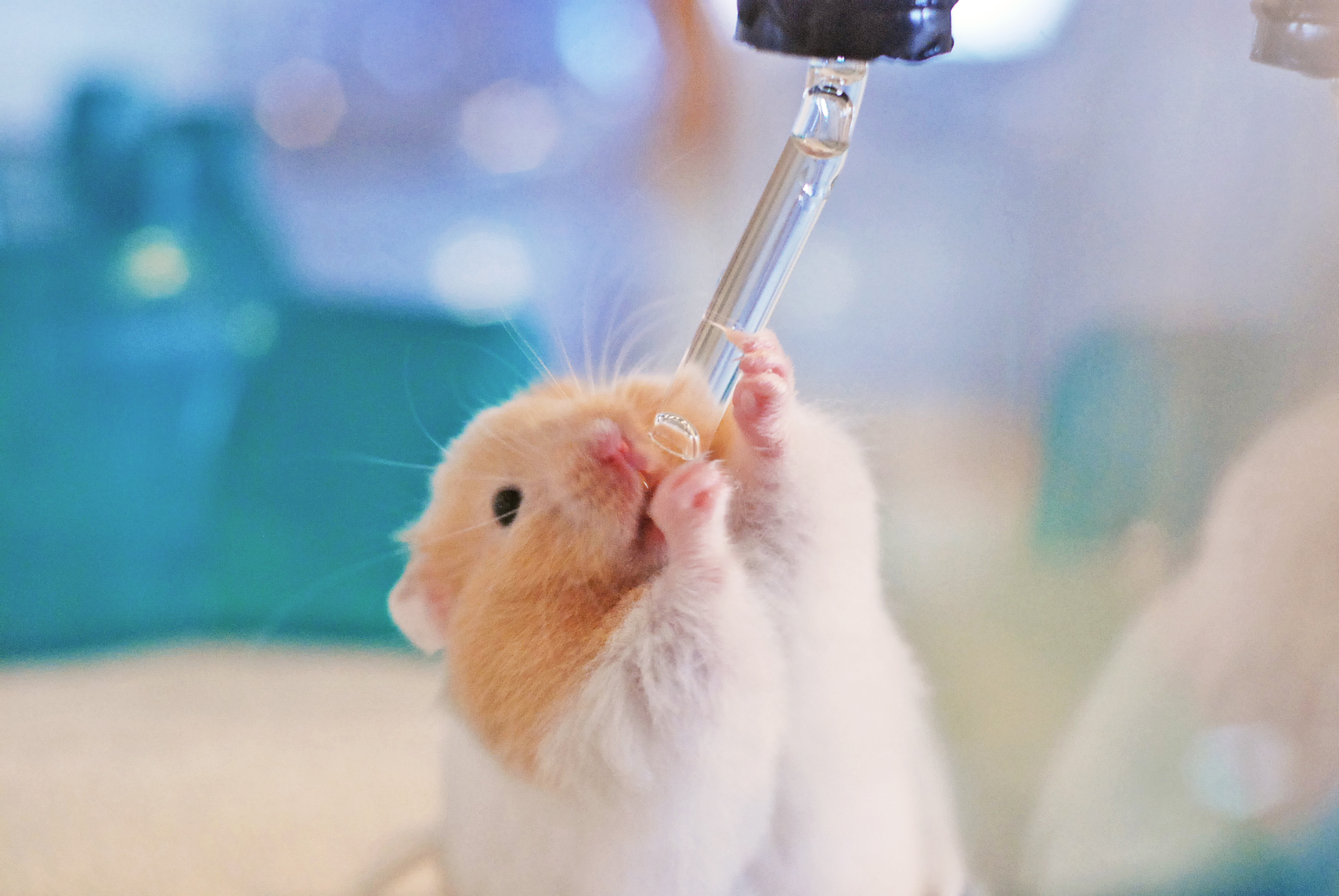How Can You Help Your Exotic Pet Stay Cool in Late Summer? 6 Heat-Smart Tips

Late summer can be brutally hot for everyone, including the smallest and most unusual creatures in the home. While most pet parents know how to help their dogs or cats stay cool during the summer months, exotic pets often get overlooked.
Species like reptiles, birds, and small mammals have very different temperature needs—and without the right care, hot weather can quickly become dangerous for them.
Whether you have a bearded dragon, a rabbit, or a chinchilla, the team at Texas Avian & Exotic Hospital shares how to manage exotic pet summer care.
6 Tips for Exotic Pet Temperature Control
1. Know Your Pet’s Ideal Temperature
Every exotic species has its own comfort zone when it comes to heat. As an exotic pet owner, make sure you know what that zone is.
Reptiles, for instance, rely on external heat sources to stay warm, but they can overheat if the air outside their enclosure gets too hot. Especially if the air is overly warm during their cool hours—such as nighttime.
Small mammals, on the other hand, can overheat much more quickly. If the thermostat inside or near their enclosure gets much above 75°F, this can spell trouble for your chinchilla or rabbit friends.
Talk to your veterinarian to determine the best temperature for your pet, both the ambient temp and the one inside your pet’s enclosure.
2. Closely Monitor Temperatures Inside the Enclosure
Use a digital thermometer specifically made for exotic pet enclosures to monitor both the warm and cool zones within. Some thermometers can even send alerts to your phone to help you know when the air is getting too warm for your exotic pet.
And avoid assuming that just because you have a heat-loving pet, like a reptile, that hotter spells aren’t a risk.
During heat waves, your animal’s enclosure can trap hot air, making reptile heat safety a big issue.
3. Adjust Lighting and Heating Schedules
During late summer, consider lessening your exotic pet’s artificial lighting and heating times. Set your heat lamps to a timer or raise them further from the floor of your pet’s enclosure. This can help balance the enclosure’s air flow with your pet’s need for warmth.
If you’re ever unsure of how to manage your pet’s heat and airflow needs, your exotic pet veterinarian is an excellent resource.
4. Make Sure Your Pet Has Cool Surfaces for Heat Relief
For small mammals like guinea pigs, rabbits, or ferrets, having a cool spot to relax in the heat is important. These little pets have warm, furry coats they can’t take off, and they often need help staying cool during the overwhelming heat of late summer.
Our small mammal cooling tips include putting something nice and chilled on the floor of the enclosure during the hottest parts of the day.
You don’t have to cover the entire enclosure with frozen water bottles or ice packs. The idea is to give your pet a choice between a cold surface area and a warmer one so they can go back and forth as needed to regulate their temperature.
5. Offer Fresh Water Frequently
Hydration is crucial all year long, but it’s even more important during the hottest months of the year. Refresh your exotic pet’s water multiple times a day during late summer, especially if you have birds and mammals.
Some exotic pets also benefit from increasing misting or making adjustments to the enclosure’s humidity levels. Just be careful not to raise the enclosure’s humidity to unsafe levels. Talk to your veterinarian to figure out the water and humidity needs of your exotic friend.
6. Watch for Warning Signs
Heat stress can escalate rapidly, so it’s important to know the warning signs that your exotic pet is getting overheated. Any lethargic behavior, open-mouth breathing, or sluggishness can mean your little pet is too hot.
If you notice signs of heat stress, take immediate steps to cool down your pet’s enclosure and reach out to your veterinarian.
Our friendly team at Texas Avian & Exotic Hospital is here for all your exotic pet care needs. Give us a call at (817) 953-8560 to learn more about how to help keep your pet safe during the late summer months!
